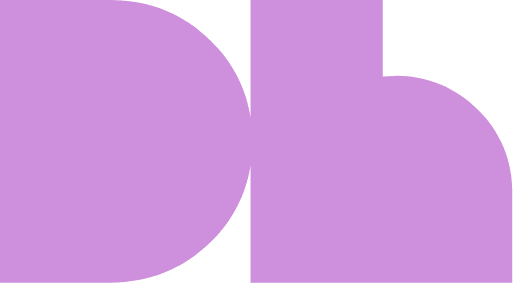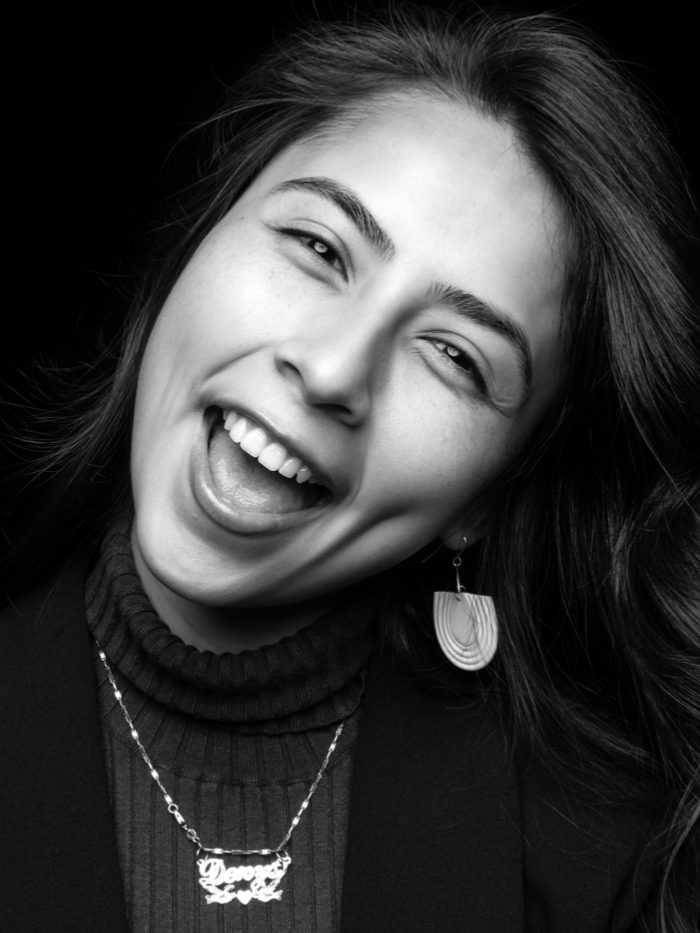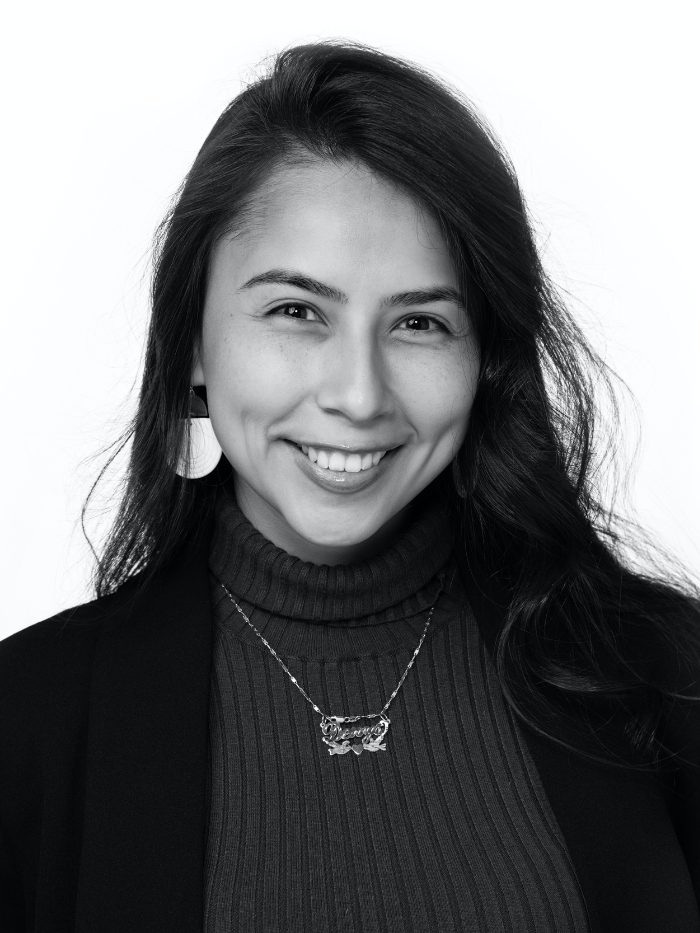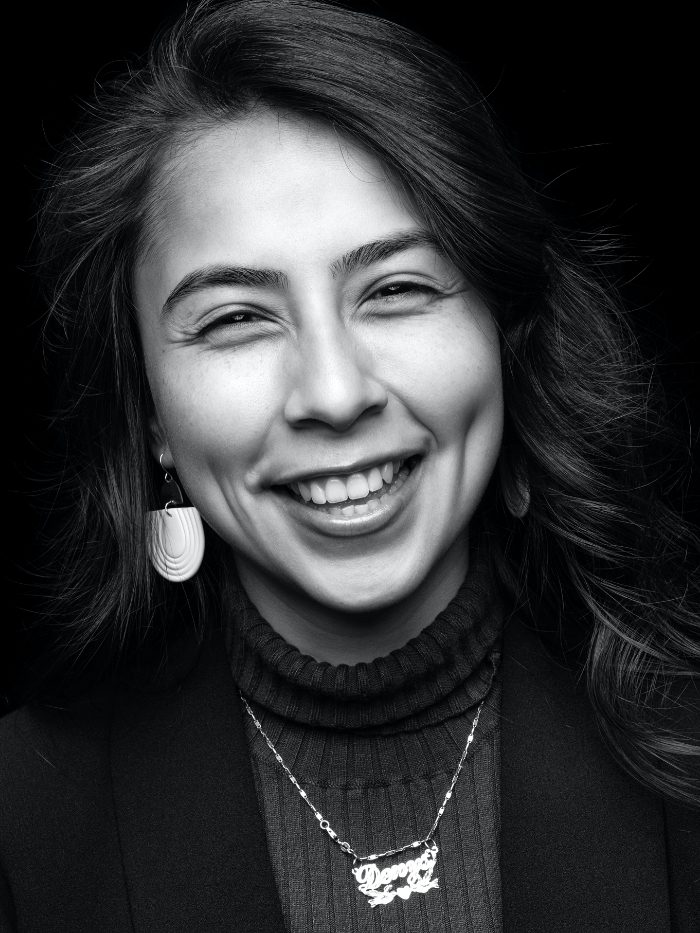Denys’ take on:
The wealth-health connection.
Denys grew up in Granger, Washington, in Yakima County. Too young for the fields, she sometimes slept in the car as her mom and three older brothers harvested asparagus, cherries, pears and hops.
“Where I grew up in the agriculture culture, for people with undocumented backgrounds or low incomes — people who do the grunt work — health wasn’t a thing,” Denys says. “It wasn’t advocated to them.”
As she pursued her degree in public health, she learned there was a term for what she already knew. The “health-wealth gradient” refers to the well-documented fact that wealthier people are more likely to have better health, and poorer people to have worse health.
Denys says:
“I always felt like there needed to be change. Studying public health assured me that there needed to be change.”
Empowered communities.
Prevention education is one good way to help low-income people improve their health, Denys says. Breast self-exams help women catch cancer early, improving their odds of survival. Good oral care helps prevent infections and other overall health problems.
“If someone knows at least what signs to look for, for early detection of a disease or illness, that is a huge step,” she says.
But ultimately, Denys says, people know their own needs best: “Ask the community what their needs are as opposed to assuming what they are.”
Owning your story.
College didn’t seem like an option to Denys when she was a kid. She thought there was no way she had the money. That world opened up to her when she joined Upward Bound.
The program, through the U.S. Department of Education, helps students from low-income families and first-generation high school students prepare for college. She gained academic, financial and life skills — and scholarships.
After starting college, Denys worked summers with Upward Bound, teaching younger students the skills she’d learned. One example: how to write about their lives on college applications, how to make their stories their own.
“Everybody has a story — where you came from, everything you’ve gone through makes you who are,” Denys says. “It was about not being ashamed of that, making them feel like people.”
Education
Bachelor’s degree, public health, Eastern Washington University



